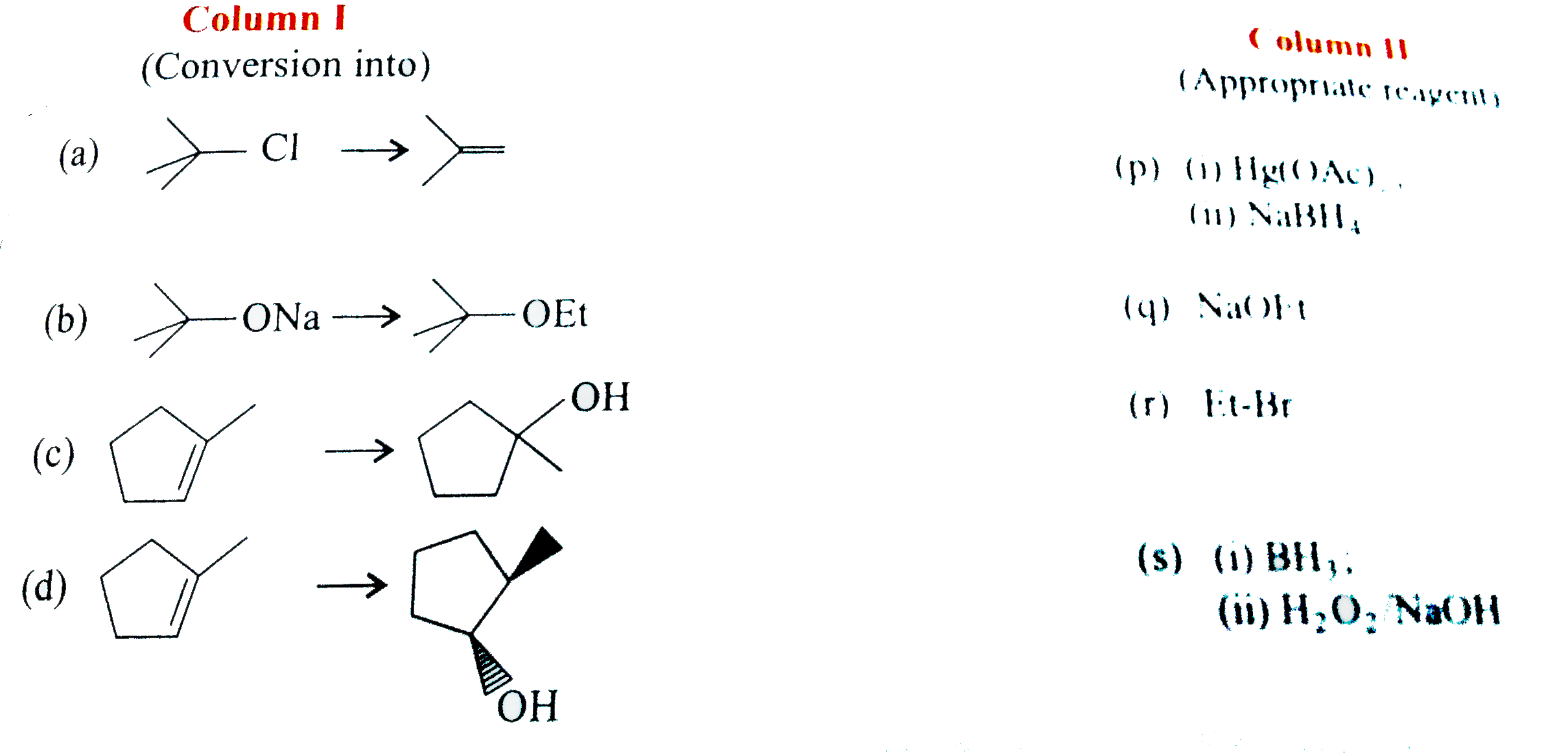7. Let A= {p, q, r}. Which of the following is an equivalence relation on A?(a) R, = {(p, q), (q, r), (p, r), (p, q)} (b) R2 = {(1,9).(,p), (r,r). (9,7)} (c) Rz = {(p, p), (q,9), (r, r), (p, q)} (d) one of these
none of these
The correct Answer is:D
Step by step video, text & image solution for 7. Let A= {p, q, r}. Which of the following is an equivalence relation on A?(a) R, = {(p, q), (q, r), (p, r), (p, q)} (b) R2 = {(1,9).(,p), (r,r). (9,7)} (c) Rz = {(p, p), (q,9), (r, r), (p, q)} (d) one of these by Maths experts to help you in doubts & scoring excellent marks in Class 12 exams.
Updated on:21/07/2023Topper's Solved these Questions
- CARTESIAN PRODUCT OF SETS AND RELATIONS Book:OBJECTIVE RD SHARMAChapter:CARTESIAN PRODUCT OF SETS AND RELATIONS Exercise:Chapter Test
Explore 31 Videos
- CARTESIAN PRODUCT OF SETS AND RELATIONS Book:OBJECTIVE RD SHARMAChapter:CARTESIAN PRODUCT OF SETS AND RELATIONS Exercise:Section II - Assertion Reason Type
Explore 6 Videos
- AREAS OF BOUNDED REGIONSBook:OBJECTIVE RD SHARMAChapter:AREAS OF BOUNDED REGIONSExercise:Chapter Test
Explore 60 Videos
- CIRCLESBook:OBJECTIVE RD SHARMAChapter:CIRCLESExercise:Chapter Test
Explore 55 Videos
Similar Questions
Knowledge Check
Let p,qandr be three statements, then (p→q)→r is equivalent to
A(p∨r)∧(q∨r)B(p∨r)∧(~q∨r)C(p∧r)∨(q∨r)D(p∨r)→rp∧(q∧r)=(p∧q)∧r is
Adistributive lawBassociative lawCcommutative lawDNone of thesep∧(q∨r)≡(p∧q)∨(p∧r) is :
AAssociative lawBDistributiveCIdentity lawDAbsorption
Match the following :

Codes :
(a)qrps(b)rqps(c)qrsp(d)rqsp
View SolutionIf P (1,-3), Q ( 2,-5), R ( -4,7) then find d(P,Q) d(P,R)
View SolutionSimplify the given expressions
(ap+q)p−q(aq+r)q−r(ar+p)r−p
View SolutionIf p>qandr<0 , then which is true? (a) pr < qr (b) p r < q r (c) p + r < q + r (d) None of these
View Solution∣∣ ∣ ∣∣0p−qp−rq−q0q−rr−pr−q0∣∣ ∣ ∣∣ is equal to
View Solution

